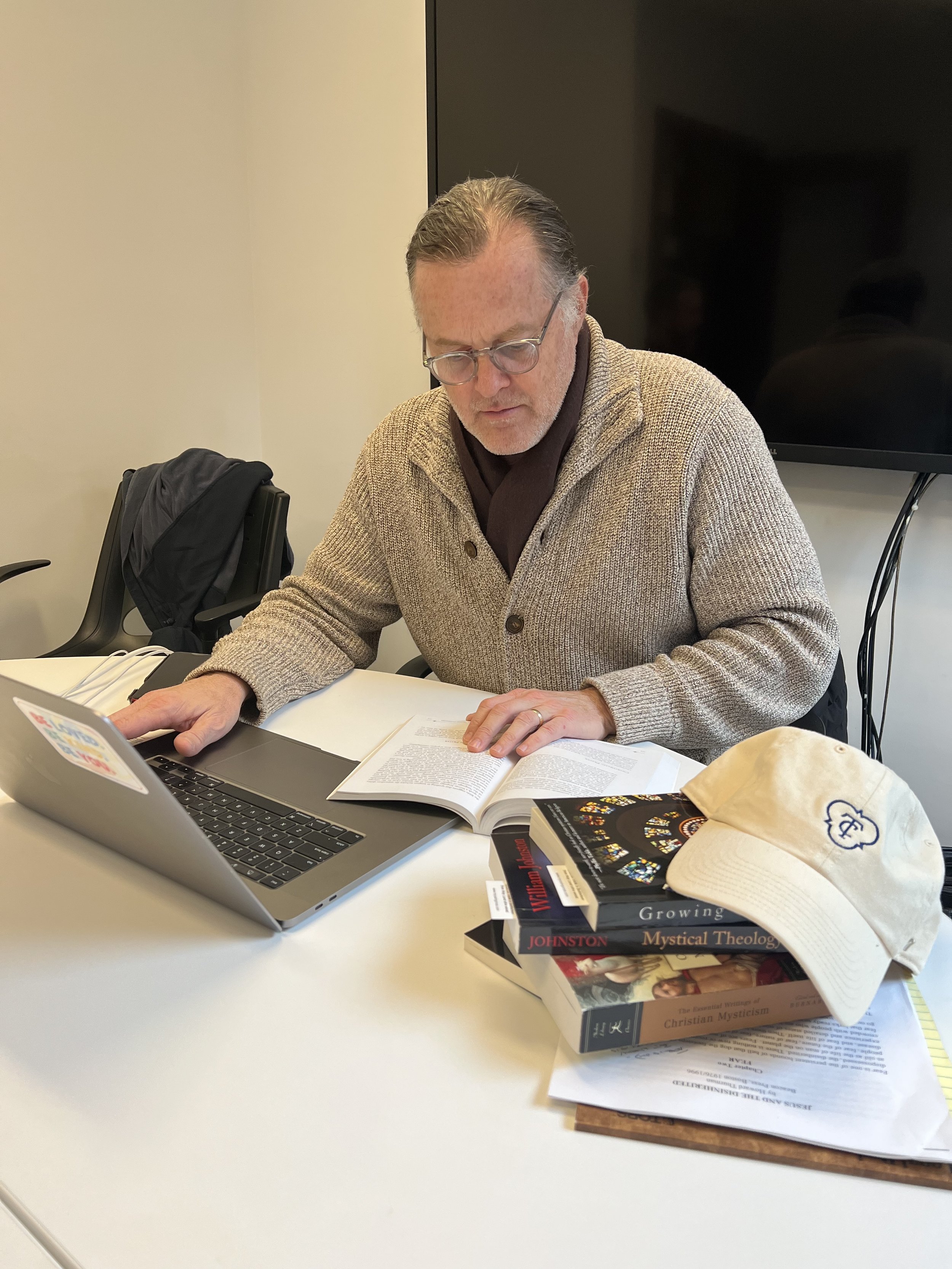Our faith journey can be somewhat circuitous. In fact, it is, more often than not, a very circuitous journey. We seldom, if ever, take the most direct route to God. Our path is winding and twisting. It sometimes leads us to dead-ends, and other times we journey for years only to find ourselves back in the exact place we started. The life of faith is not easy. It ebbs and flows. There are seasons of abundance and scarcity, times of nourishing rain, and devastating drought.
But what do we do in times of scarcity and want, confusion and doubt? Our beloved Nancy Hagner sent me a book by Brian D. McLaren, Faith after Doubt. A lifelong Christian, pastor, teacher, and author, McLaren noted that we don’t often know what to do when our faith seems to fail us. What do we do when suddenly we find ourselves questioning and doubting? What does it mean? What’s wrong with me? Is my faith not strong enough?
McLaren points out that doubt is an essential part of faith, “eventually, I came to realize that doubt was a companion, every bit as resilient and persistent as faith, and she wasn’t going away. I realized that she had some things to teach me, and I decided since I couldn’t shut her up or drive her away, I might as well learn from her. She’s turned out to be a tough but effective teacher and a difficult but faithful friend.”
Let’s face it, what we believe is hard to believe. Theologian Paul Tillich writes, “Doubt isn’t the opposite of faith; it is an element of faith … Sometimes I think it is my mission to bring faith to the faithless, and doubt to the faithful.” In our state of “blessed unrest,” we must allow ourselves the freedom to inquire, explore, and wrestle with our faith. I believe that the Holy Spirit is fully alive and at work in our doubts leading us to new and previously unexperienced and unexpected places on our journey, offering the possibility of growth and understanding on our way to greater spiritual maturity.
Forward we go, fellow sojourners, with honesty about what we believe and where we struggle and question and doubt, trusting fully that God is at work!
Peace and blessings,
The Rev. Paul Jeanes III, Rector























